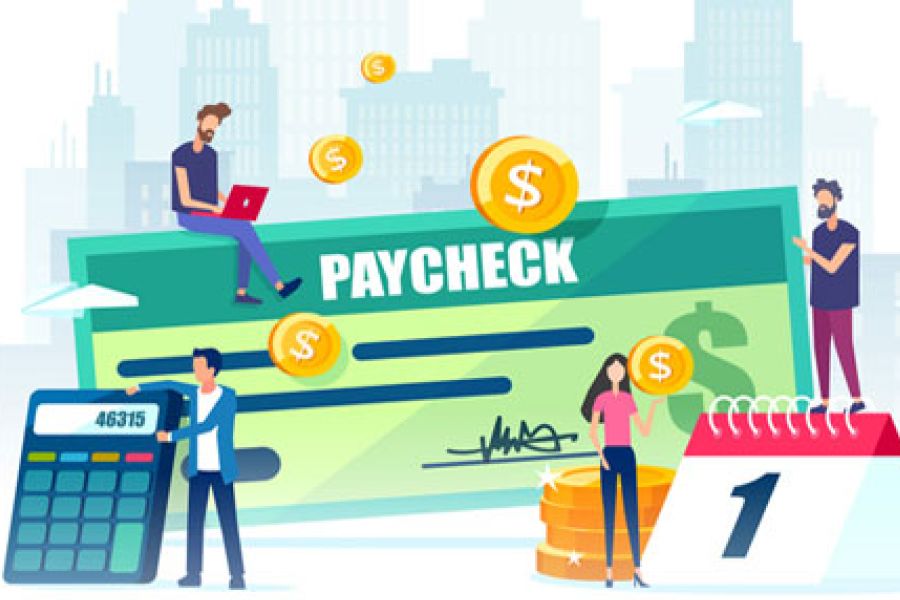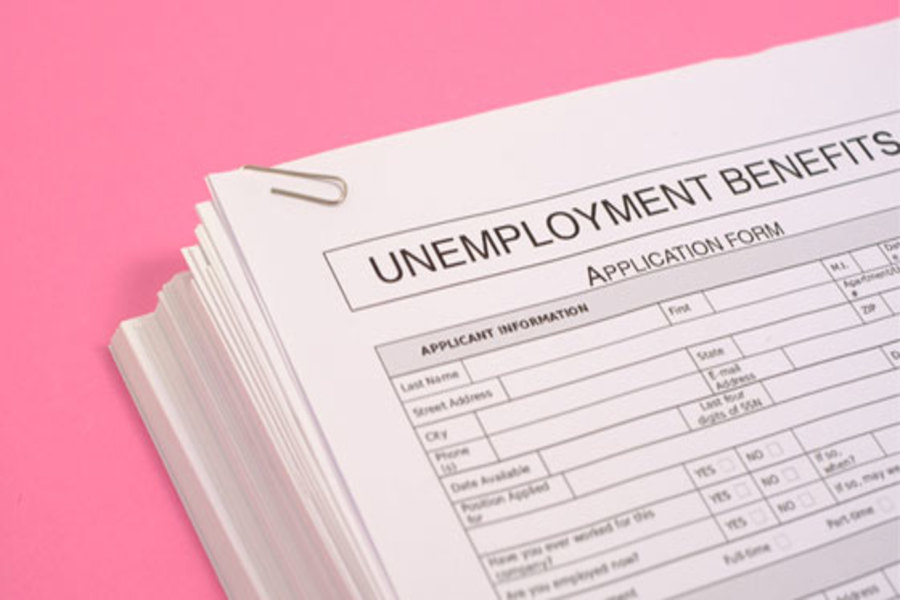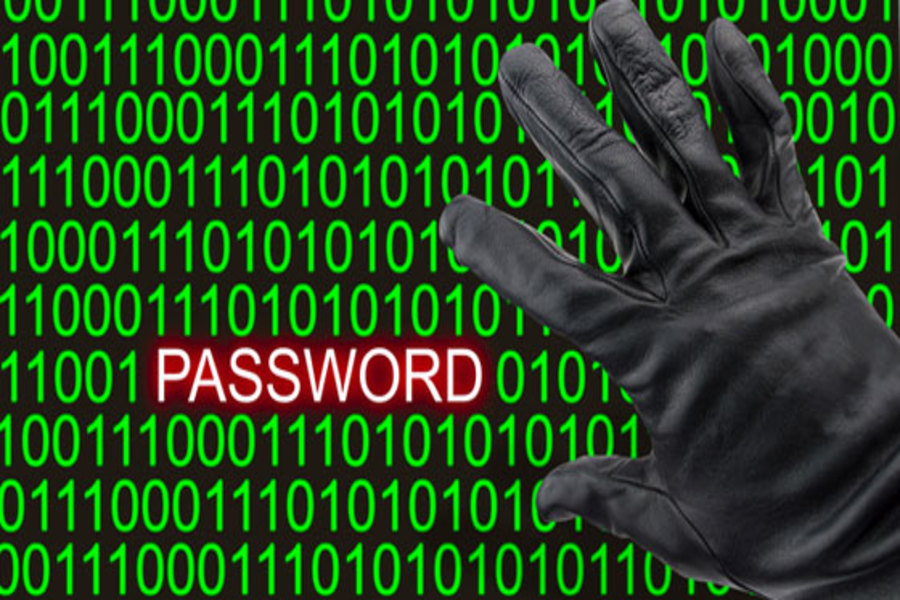The Coronavirus Aid, Relief and Economic Security (CARES) Act made changes to excess business losses. This includes some changes that are retroactive and there may be opportunities for some businesses to file amended tax returns. If you hold an interest in a business, or may do so in the future, here is more information about the changes. Deferral of the excess business loss limits The Tax Cuts and Jobs Act (TCJA) provided that net tax losses from active businesses in excess of an inflation-adjusted $500,000 for joint filers, or an inflation-adjusted $250,000 for other covered taxpayers, are to be treated as net operating loss (NOL) carryforwards in the following tax year. The covered taxpayers are individuals, estates and trusts that own businesses directly or as partners in a...

With a median loss of $954,000, financial statement fraud is the costliest type of white-collar crime, according to the Association of Certified Fraud Examiners. Fortunately, auditors and forensic accountants may be able to detect inflated income and other financial manipulation by testing journal entries. Unearthing suspicious entries Financial statement frauds come in many forms. For example, out-of-period revenue can be recorded to inflate revenue. Repair costs can be improperly capitalized as fixed assets to boost earnings. Accounts payable can be understated by recording post-closing journal entries to income. Or expenses can be reclassified to reserves and intercompany accounts, thereby increasing earnings. To detect these types of scams, auditors: Learn about the company’s financial reporting process and controls over journal entries, Identify and select journal entries and other adjustments...
The IRS has provided guidance to employers regarding the recent presidential action to allow employers to defer the withholding, deposit and payment of certain payroll tax obligations. The three-page guidance in Notice 2020-65 was issued to implement President Trump’s executive memorandum signed on August 8. Even with the guidance, employers have questions about FICA deferral, specifically whether, and how, to implement the optional deferral. The President’s action only defers the employee’s share of Social Security taxes; it doesn’t forgive them, meaning employees will still have to pay the taxes later unless Congress acts to eliminate the liability. (The payroll services provider for federal employers announced that federal employees will have their taxes deferred.) Deferral basics President Trump issued the memorandum in light of the COVID-19 crisis. He directed the...
Because the average investment account boasts a much larger balance that a typical checking or savings account, cybercriminals are particularly interested in hacking them. Financial institutions are largely responsible for ensuring the security of these accounts, but business customers and consumers also should adopt defensive measures. Here are five recommendations for how to protect your investment accounts from fraud. Select two-step authentication. Most financial service providers give customers the option of using a two-step verification process to prevent unauthorized access to their accounts. A two-step approach requires you both to log in to your account with a password and to verify your identity with, for example, a one-time code sent to your mobile phone. Choose complex and unique passwords. Criminals often gain access to bank...
When Congress authorized an additional $600 in monthly unemployment benefits as part of the CARES Act, out-of-work Americans weren’t the only ones it helped. Criminals have descended like locusts on state unemployment insurance agencies. How fraudsters steal unemployment benefits is by using stolen identities to fraudulently claim both standard benefits and the additional funds administered by the Pandemic Unemployment Assistance (PUA) program. States have lost hundreds of millions of dollars. Individuals have also suffered, as government efforts to control fraud have clogged up benefit systems and delayed payments to the jobless. States struggle Washington state was the first to experience a COVID-19 outbreak and has since estimated losses of $650 million to unemployment insurance fraud. According to the Secret Service, a scam was detected when someone noticed...
During the COVID-19 pandemic, many small businesses are strapped for cash. They may find it beneficial to barter for goods and services instead of paying cash for them. If your business gets involved in bartering, remember that the fair market value of goods that you receive in bartering is taxable income. And if you exchange services with another business, the bartering is a taxable transaction for both parties. For example, if a computer consultant agrees to exchange services with an advertising agency, both parties are taxed on the fair market value of the services received. This is the amount they would normally charge for the same services. If the parties agree to the value of the services in advance, that will be considered the fair market...
With cyberthieves active during COVID-19, the Internal Revenue Service and its Security Summit partners today urged tax professionals and other business owners to review critical security steps to ensure they protect customer data when working virtually. Many tax professionals and other businesses have expanded telework options this year as firms and other businesses work to keep personnel safe, practice recommended safety guidelines and use technology to serve their clients/customer virtually. (This post is excerpted from IRS Information Release (IR) 2020-167 issued 7/21/20.) During this period, the Department of Homeland Security's Cybersecurity and Infrastructure Security Agency (CISA) have urged organizations to maintain a heightened state of alert as cybercriminals seek to exploit Covid-19 concerns. To assist businesses with the security basics, the IRS, state tax agencies and nation's tax...
Unlike some legitimate businesses, organized crime enterprises can be expected to weather the current COVID-19 crisis. In fact, with millions of Americans now working from home, organized crime-related cyber fraud — including phishing schemes and ransomware attacks — has grown exponentially. Organized crime has adapted to COVID-19. If you haven’t done so recently, it’s important to review and possibly upgrade your company’s cybersecurity plan now. But how else can you protect your business and employees? Pivot gracefully To adapt to the new environment, many companies are making changes to their business models. If you’re in the process of pivoting, be sure to factor in potential fraud. View your company through the eyes of a criminal. This means that for each proposed change, you should map out processes...
If your business was fortunate enough to have applied for, and received a loan under the Paycheck Protection Program (PPP) in connection with the COVID-19 crisis, you should be aware of the possible tax consequences of PPP loans. PPP basics The Coronavirus Aid, Relief and Economic Security (CARES) Act, which was enacted on March 27, 2020, is designed to provide financial assistance to Americans suffering during the COVID-19 pandemic. The CARES Act authorized up to $349 billion in forgivable loans to small businesses for job retention and certain other expenses through the PPP. In April, Congress authorized additional PPP funding and it’s possible more relief could be part of another stimulus law. The PPP allows qualifying small businesses and other organizations to receive loans with an interest rate...
On August 8, 2020, President Trump signed four executive actions, including a Presidential Memorandum to defer the employee’s portion of Social Security taxes for some people. These actions were taken in an effort to offer more relief due to the COVID-19 pandemic. The action only defers the taxes, which means they’ll have to be paid in the future. However, the action directs the U.S. Treasury Secretary to “explore avenues, including legislation, to eliminate the obligation to pay the taxes deferred pursuant to the implementation of this memorandum.” Legislative history On March 18, 2020, President Trump signed into law the Families First Coronavirus Response Act. A short time later, President Trump signed into law the Coronavirus, Aid, Relief and Economic Security (CARES) Act. Both laws contain economic relief provisions for employers...











